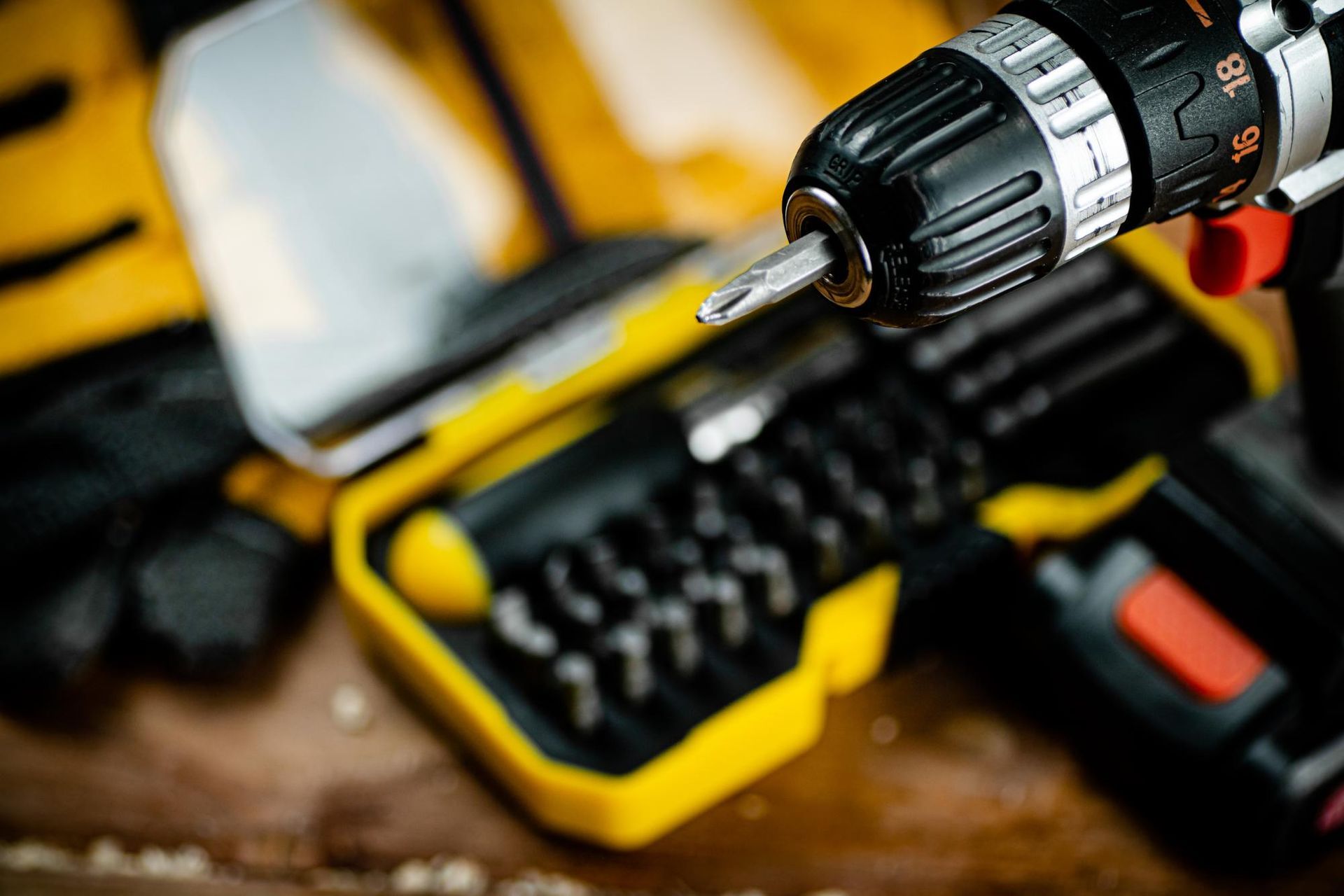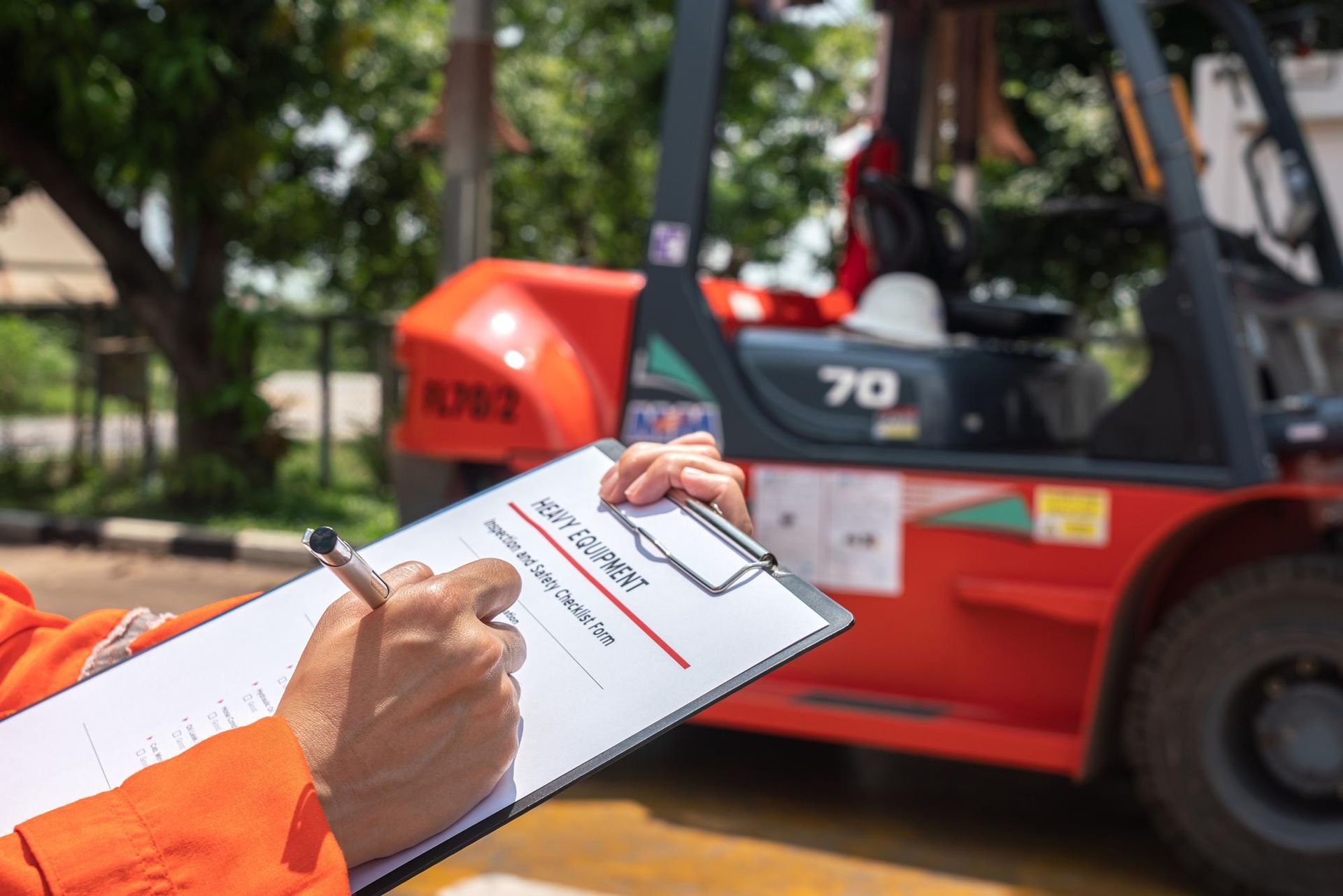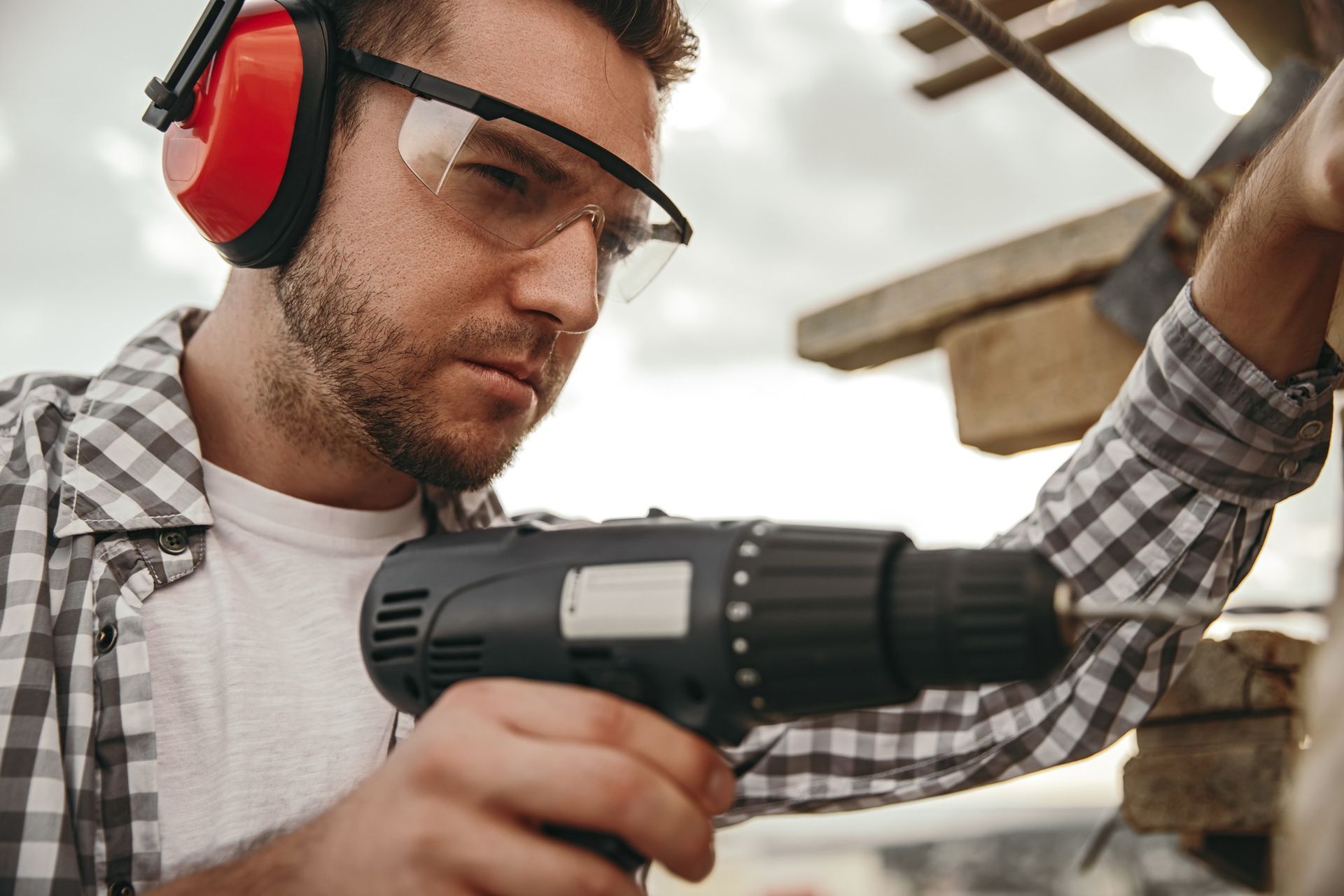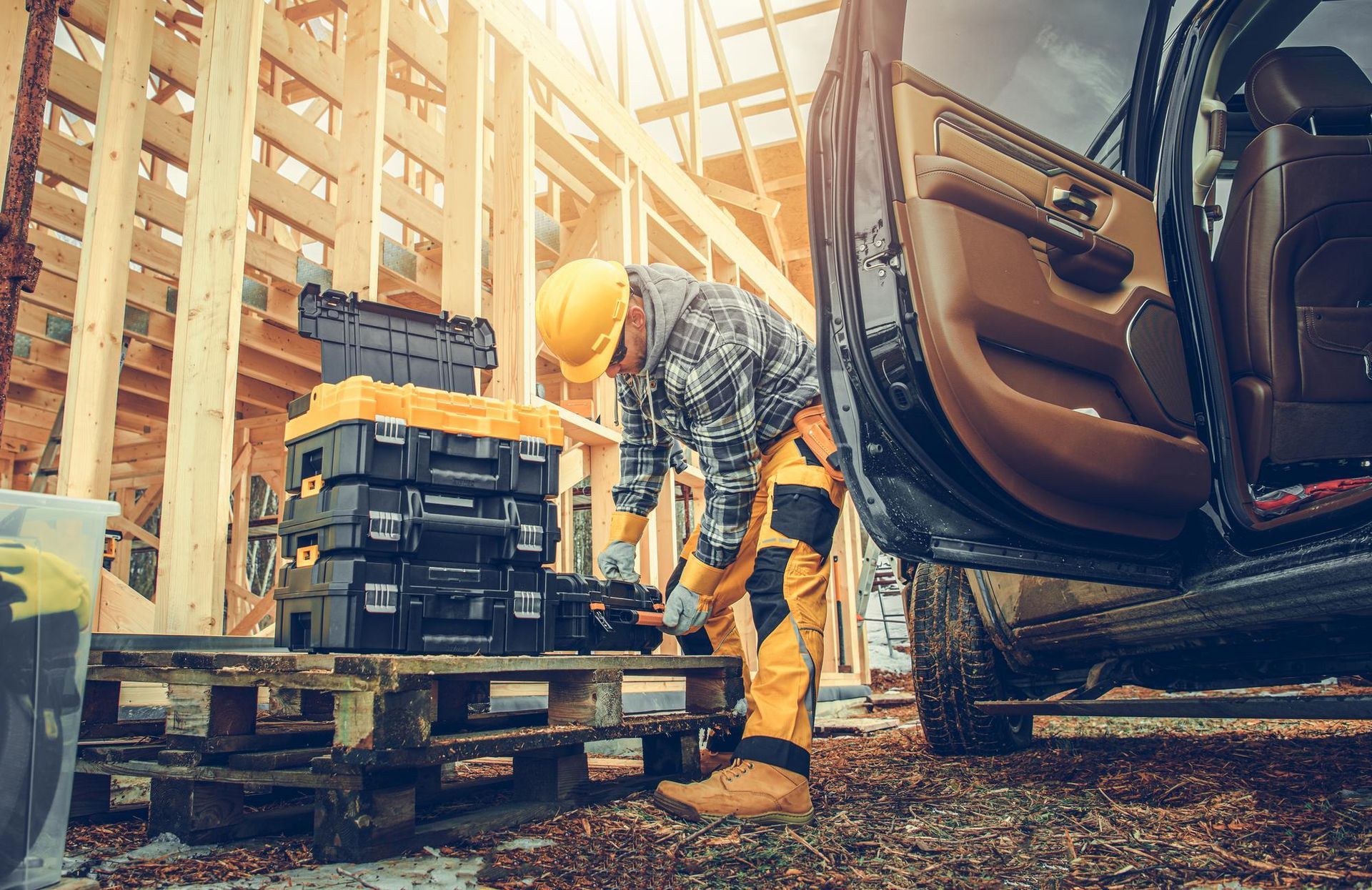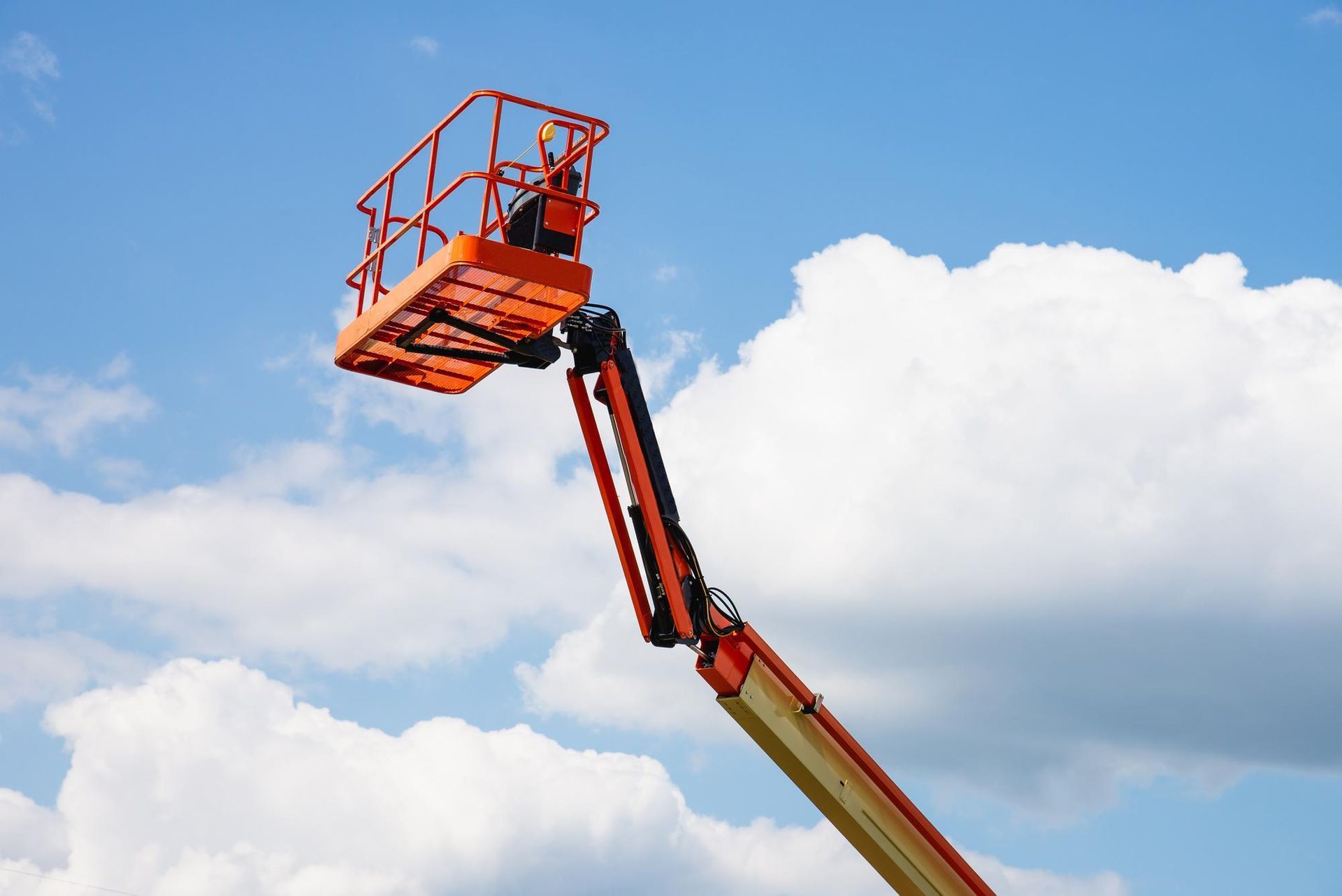Leasing Equipment vs. Purchasing Equipment
When it comes to acquiring equipment for your business, the decision of whether to
lease
or purchase can be a challenging one. Both options offer distinct advantages and disadvantages, and the right choice depends on various factors such as your budget, the nature of your business, and your long-term goals. In this blog post, we will explore the pros and cons of leasing equipment versus purchasing equipment, helping you make an informed decision for your business.
1. Leasing Equipment: Cost-Effective and Flexible
Leasing equipment involves renting it for a specified period, typically with regular payments over the lease term. Here are some key advantages of leasing:
- Lower Initial Costs: Leasing requires little to no upfront payment, making it an attractive option for businesses with limited capital. Instead of a substantial initial investment, you can spread the cost over regular lease payments, allowing you to conserve cash flow.
- Flexibility: Leasing offers flexibility in terms of equipment upgrades and replacements. As technology evolves, your business needs may change. With a lease, you can easily upgrade or switch to newer equipment at the end of the lease term, ensuring your business stays competitive without the burden of disposing of outdated equipment.
- Tax Advantages: In many cases, lease payments can be deducted as a business expense, reducing your taxable income. Consult with a tax professional to understand the specific tax advantages and implications of leasing in your jurisdiction.
- Maintenance and Support: Depending on the lease agreement, the lessor may be responsible for equipment maintenance and repairs. This can save you time and money, as you won’t have to bear the costs of servicing or replacing malfunctioning equipment.
2. Purchasing Equipment: Long-Term Investment and Ownership
Purchasing equipment involves buying it outright, making it your property. While it requires a larger upfront investment, purchasing has its own set of advantages:
- Ownership and Asset Value: Purchasing equipment provides the benefit of ownership. As the owner, you have control over how the equipment is used and can customize, modify, or sell it as needed. Additionally, the equipment holds potential resale value, which can be advantageous if your business no longer needs it.
- Cost Savings in the Long Run: While purchasing equipment may require a larger initial investment, it can be more cost-effective in the long run. Once the equipment is fully paid off, you no longer have to make regular payments, reducing your ongoing expenses. This is especially beneficial if the equipment has a long lifespan or if it’s expected to be used extensively.
- Flexibility and Customization: Owning equipment allows you the freedom to modify or customize it to meet your specific business needs. You can tailor the equipment to optimize processes and efficiency, giving you a competitive edge.
- Depreciation and Tax Benefits: In some jurisdictions, purchasing equipment may allow you to claim depreciation expenses and take advantage of tax deductions over the equipment’s useful life. Consult with a tax professional to understand the specific tax benefits and implications of purchasing equipment in your region.
3. Factors to Consider
When deciding whether to lease or purchase equipment, consider these factors:
- Finance and Cash Flow:
Leasing is advantageous for businesses with limited capital or inconsistent cash flow. It allows you to acquire necessary equipment without a substantial upfront investment, freeing up cash for other business needs. On the other hand, if you have available funds or access to financing with favorable terms, purchasing can be financially beneficial in the long term.
- Equipment Needs and Lifespan:
Evaluate the expected lifespan and usage of the equipment. If it will become obsolete quickly or if your business requires regular equipment upgrades to stay competitive, leasing may be more suitable. However, if the equipment has a long lifespan and will be used extensively, purchasing can provide better value over time.
- Industry Trends and Technological Advancements: Consider the pace of technological advancements in your industry. Leasing can grant you access to the latest equipment models and technologies, keeping you at the forefront. If the equipment you need is likely to become outdated quickly, leasing may be a more prudent option. However, if your business can operate effectively without the need for frequent technology updates, purchasing may be a better long-term investment.
- Potential Resale Value: Evaluate the potential resale value of the equipment. If the equipment is likely to retain significant value, buying it may be a wise investment, as you can recoup some of the costs by selling it when no longer needed. On the other hand, if the equipment is unlikely to hold value, leasing can allow you to avoid the financial burden of disposing of outdated equipment.
Conclusion
Deciding whether to lease or purchase equipment requires careful consideration of your business needs, financial situation, and long-term goals. Leasing offers cost-effective flexibility, lower initial costs, and simplified maintenance. Purchasing, on the other hand, provides long-term ownership, potential cost savings, and customization options. Assess factors such as financial resources, equipment needs, industry trends, and potential resale value to make an informed decision. Remember to consult with financial advisors or industry experts to determine the best course of action for your business.
Got questions about which option is better for you? Let us help! Contact us today to learn more about our equipment rental services!


